| Downloads count | 1 |
| Resource type | Lesson |
| Recommended age | 6 - 7 years |
| File information | Private link to view.genial.ly |
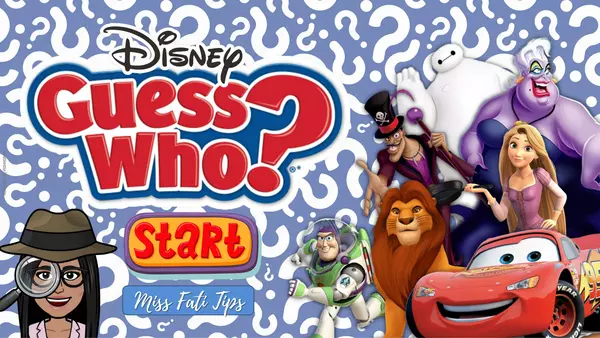
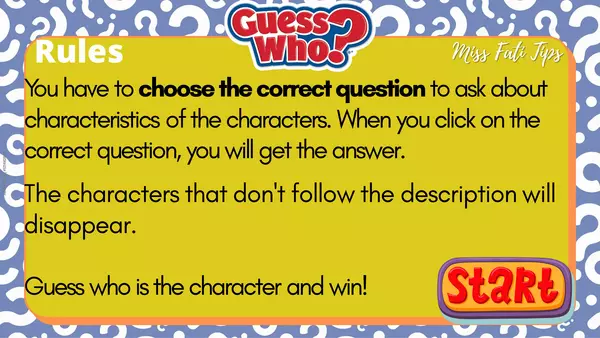
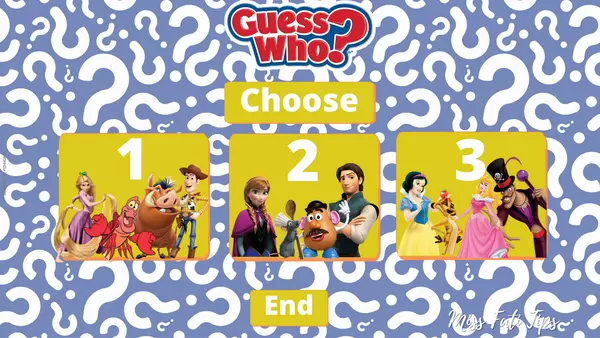
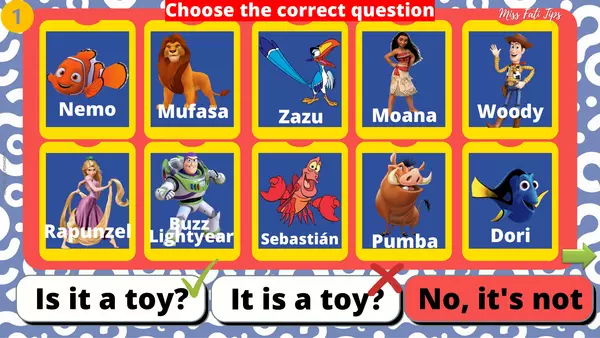
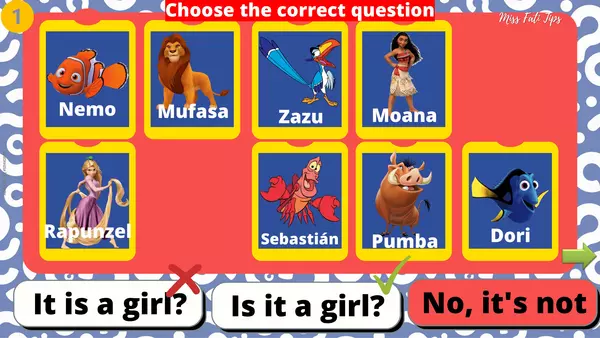
| Downloads count | 15 |
| Resource type | Activity |
| Recommended age | 6 - 18 years |
| File information | ppsx, 21 pages, 12.3 MB |
| Comments count | 4 |
Hola Profes! Estoy segura que muchos somos fans de los juegos de mesa y qué mejor que usarlos para aprender con nuestros alumnos en clase!
Las primeras 10 descargas tendrá valor de 10 monedas, luego tendrá valor de 20 monedas, no dejes pasar esta oportunidad!
Les traigo una versión del famoso juego "Adivina quién" (Guess Who) en donde podrán reforzar el tema de preguntas usando el verbo to be, mientras intentan descubrir quién es el personaje secreto.
Incluye:
-Slide con instrucciones
-3 juegos con personajes diferentes
Te invito a seguirme para ser el primero en conseguir este recurso! Gracias por tu apoyo, comentarios y reseñas. Ayuda a que nuestra comunidad crezca.!
Miss Fati Tips, muy buen recurso, podrías subir mas juegos como este pero de distintas temáticas? Muchas gracias!!
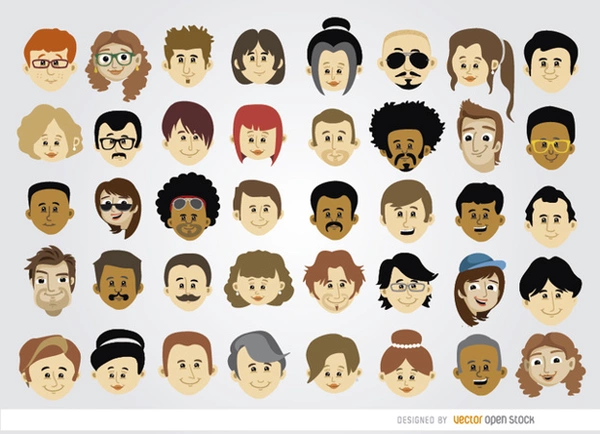
I play guess who with my students when I want them to use the vocabulary they already know. It is also a good way to practise questions: is it...? does he...?, etc.
I ask a student to choose a character. Then, I project the full picture on the board. The rest of the class starts asking questions.
It would also be great to print the whole picture, laminate it and ask the students to work in pairs.
There are no comments yet, write one yourself!

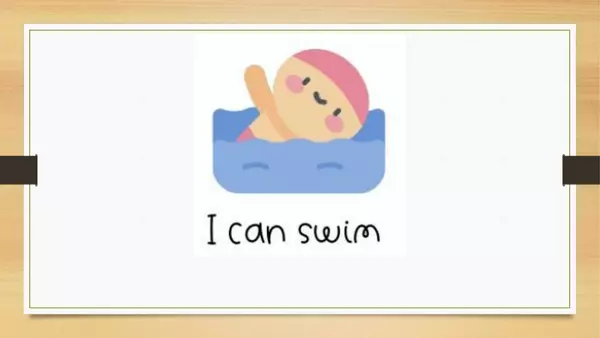
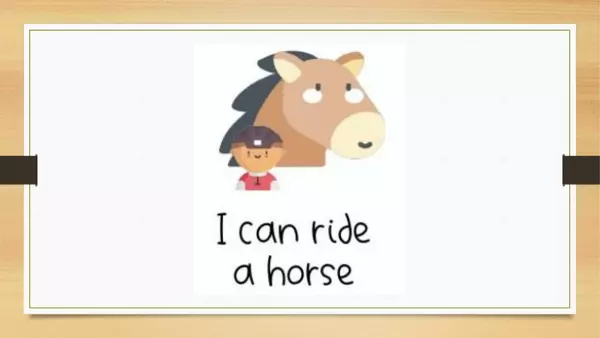
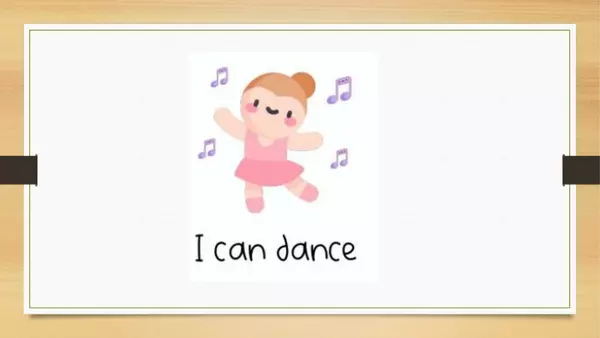
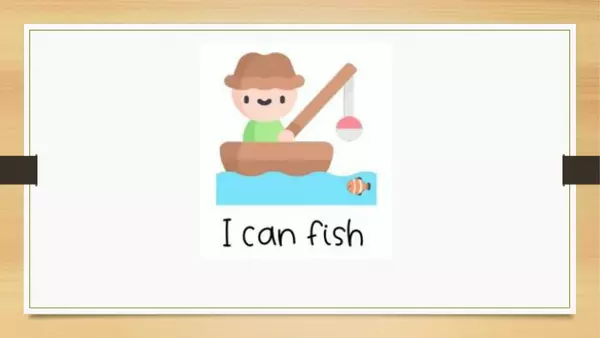
| Downloads count | 2 |
| Resource type | Activity |
| Recommended age | 5 - 8 years |
| File information | pptx, 26 pages, 7.13 MB |
There are no comments yet, write one yourself!
Incluye 3 diapositivas diferentes con distintos personajes para interpretar. Puedes utilizarlo como seguimiento o refuerzo, pero lo más importante es que aprenderán mientras se divierten.

Esta es una presentación de PowerPoint con interesantes personajes animados para hacer una clase atractiva para los alumnos.
El tema es el verb to be, donde los alumnos tendrán que responder a las preguntas Who are they?, Who is he? o Who is she?
Es un PowerPoint editable.
There are no comments yet, write one yourself!
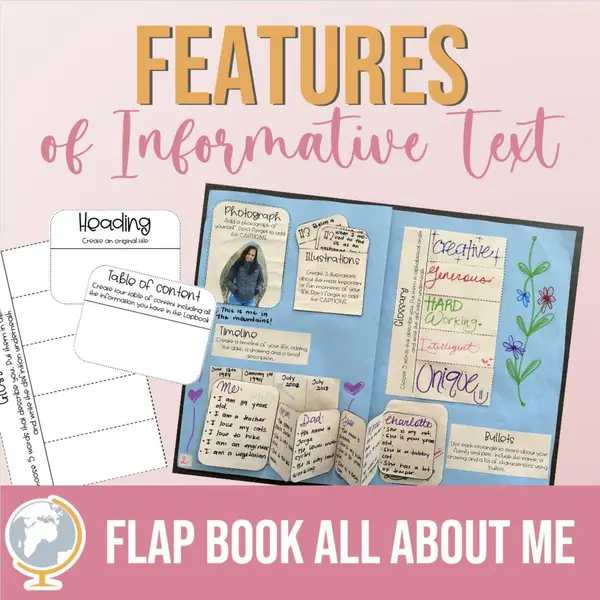
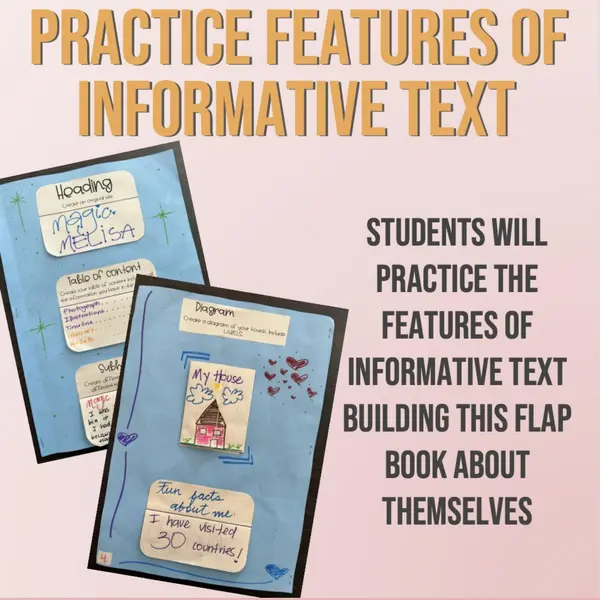
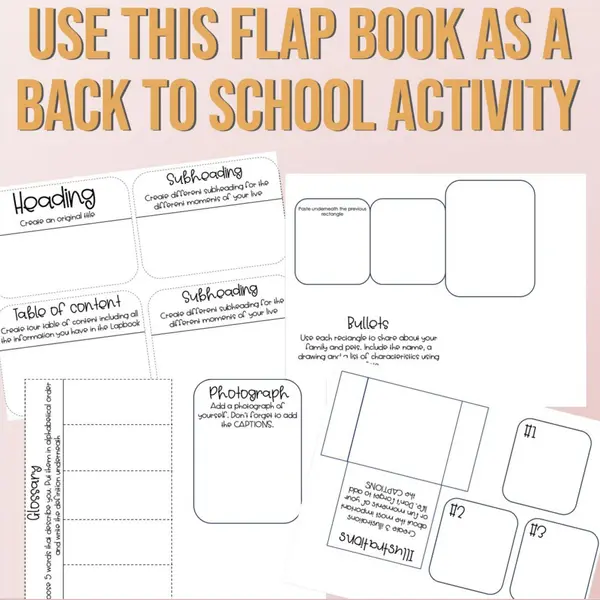
| Downloads count | 1 |
| Resource type | Activity |
| Recommended age | 8 - 12 years |
| File information | pdf, 7 pages, 867 KB |
- Table of contents
- Index
- Glossary
- Heading
- Subheadings
- Keywords
- Photographs
- Illustrations
- Captions
- Diagram
- Labels
- Timelines
- Text Boxes
- Maps
- Bullets
- Graphics
- Text Feature
- Definition
- Example
There are no comments yet, write one yourself!
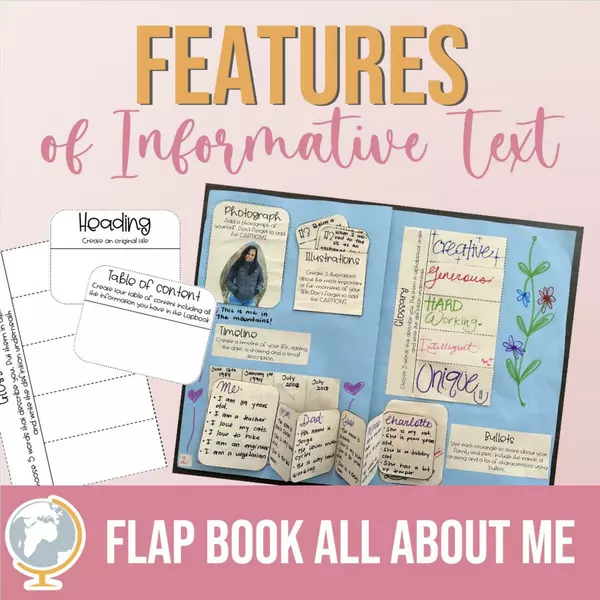
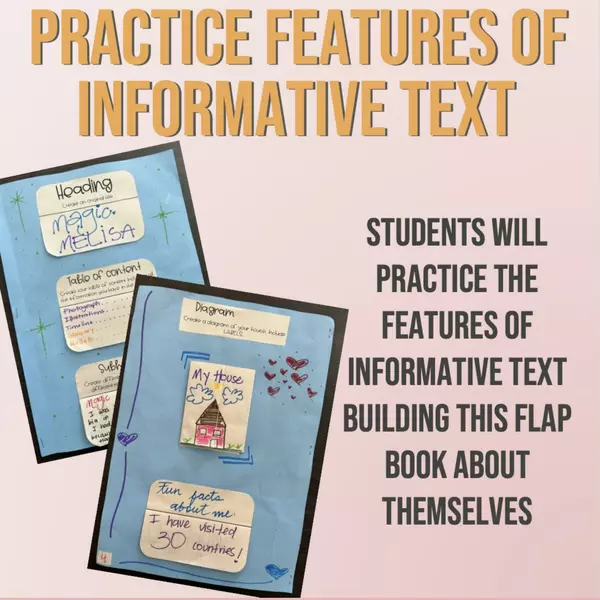
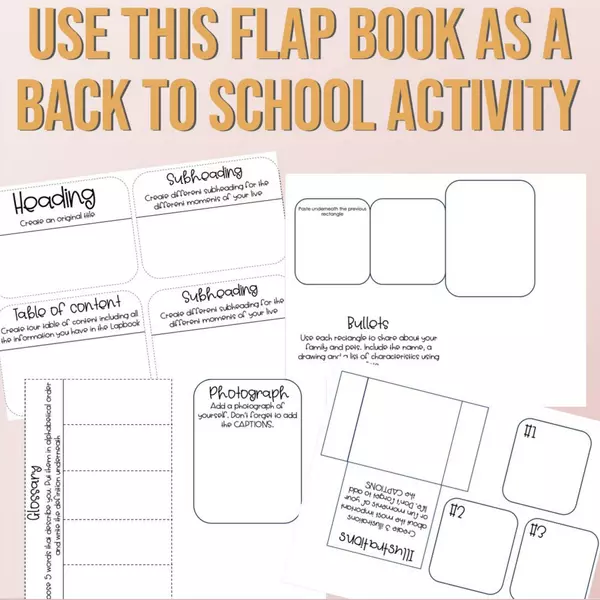
| Resource type | Activity |
| Recommended age | 8 - 12 years |
| File information | Private link to docs.google.com |
- Interactive formats to build the flap book.
- Each format includes the instruction of what they have to do.
- An example that the students can follow.
- A motivational video showing how to build it.
- Table of contents
- Index
- Glossary
- Heading
- Subheadings
- Keywords
- Photographs
- Illustrations
- Captions
- Diagram
- Labels
- Timelines
- Text Boxes
- Maps
- Bullets
- Graphics
- Back-to-School Icebreaker: kick off the school year with a fun and informative activity. Have your students complete their flap books as a way to introduce themselves to the class. To add an element of mystery, collect the flap books and randomly distribute them. Challenge the class to guess who each flap book belongs to based on the informative content inside. This not only reinforces the features of informative text but also makes for an engaging icebreaker.
- Feature Exploration Stations: create interactive stations in the classroom, each focusing on a specific feature of informative text (e.g., headings, details, conclusion). Have your students rotate through these stations with their flap books, applying and practicing each feature as they go. This hands-on approach allows for targeted skill development while keeping the activity dynamic and educational.
- Student-Teacher Conferences: use the flap books as a basis for one-on-one conferences with students. Discuss the content, ask clarifying questions, and provide personalized feedback on their use of informative text features. This individualized approach not only reinforces the importance of these features but also allows for a deeper connection between teachers and students as they share personal stories.
There are no comments yet, write one yourself!
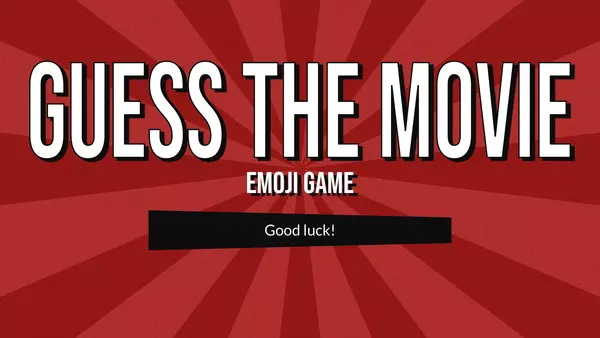


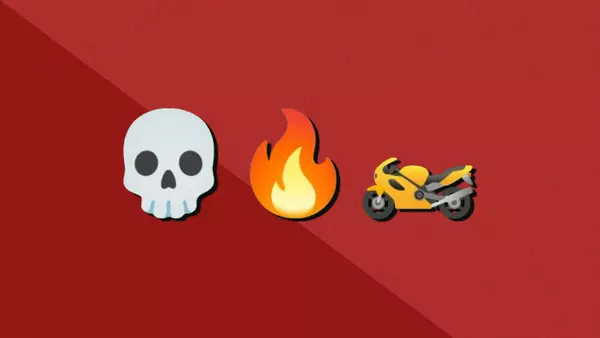
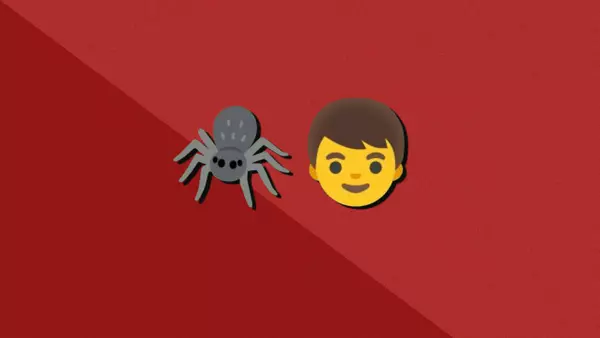
| Downloads count | 3 |
| Resource type | Activity |
| Recommended age | 12 - 18 years |
| File information | pdf, 44 pages, 2.3 MB |
There are 41 movies to guess, all of them are very famous, however they need to use Logical reasoning.
This is a great activity for older students who enjoy watching movies.
There are no comments yet, write one yourself!
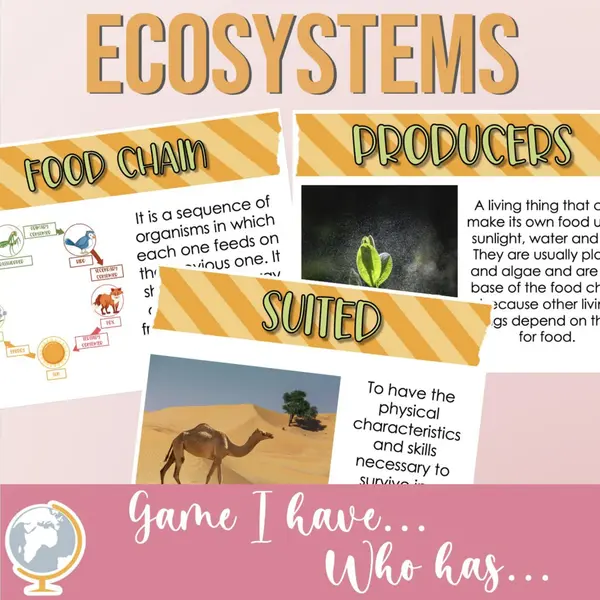
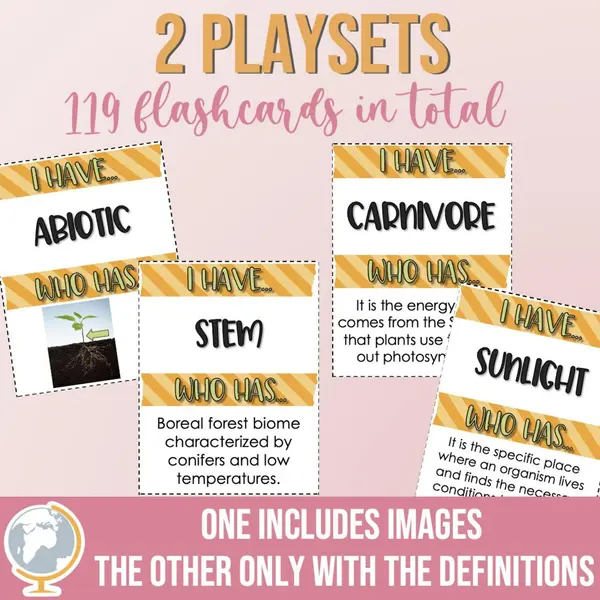
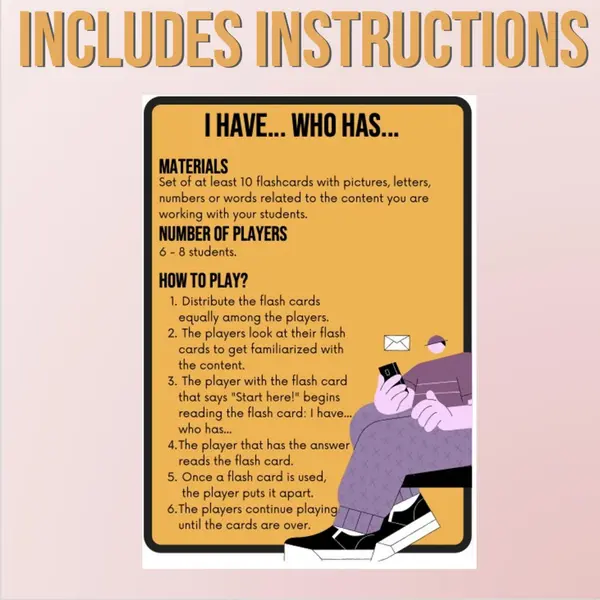
| Resource type | Activity |
| Recommended age | 9 - 13 years |
| File information | Private link to docs.google.com |
- Food chain
- Food web
- Trophic pyramid
- Trophic levels
- Producers
- Consumers
- Primary consumer
- Secondary consumer
- Tertiary consumer
- Decomposers
- Herbivore
- Carnivore
- Omnivore
- Scavenger
- Individual
- Population
- Community
- Ecosystem
- Habitat
- Suited
- Survive
- Thrive
- Competition
- Adaptation
- Organism
- Biotic
- Abiotic
- Biome
- Terrestrial biome
- Aquatic biome
- Estuary
- Lake
- Ocean
- River
- Deciduous forest
- Rainforest
- Savanna
- Taiga
- Tundra
- Desert
- Photosynthesis
- Root
- Stem
- Leaf
- Sunlight
- Water
- Air
- Oxygen
- Carbon dioxide
- Glucose
- For early finishers: Place the vocabulary cards in a designated area of the classroom and allow students who finish their tasks early to play a quick game, like "Pairs" or "Describe and Guess," to review the vocabulary while they wait for others.
- Science class center: Set up a learning center where students can rotate between different games, like "Charades" or "Pictionary," using the cards to reinforce key vocabulary. This is a fantastic way to review terms in small groups.
- Whole-class activity: Divide students into teams, give each team a set of cards, and have them compete in games like "Around the World" or "Target Practice" to see who can master the most terms. A fun and competitive way to review important concepts!
- Quick games to start or end the class: Use games like "Oh Snap!" or "Inflatable Hammer" at the beginning or end of class for a quick, fun review of vocabulary. Perfect for breaking the ice or reinforcing terms before a quiz.
- Vocabulary tournament: Organize a weekly game tournament using the cards. Each week, teams compete in different games (like "Cowboys" or "Listen and Pick") and earn points. At the end of the month, the team with the most points gets a prize or recognition.
There are no comments yet, write one yourself!
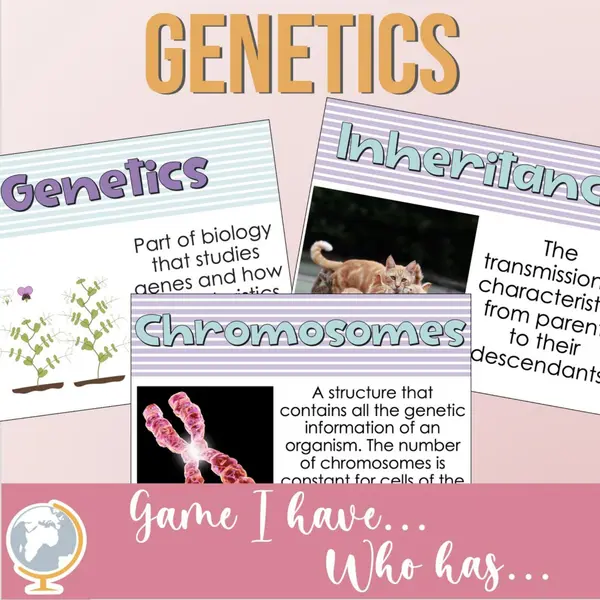
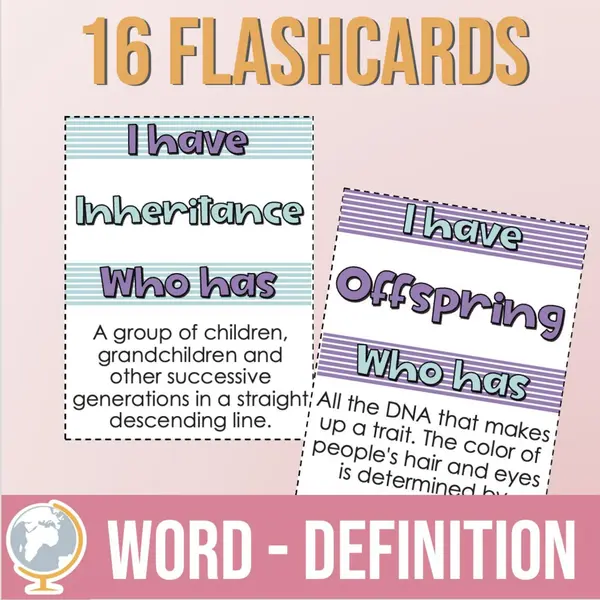
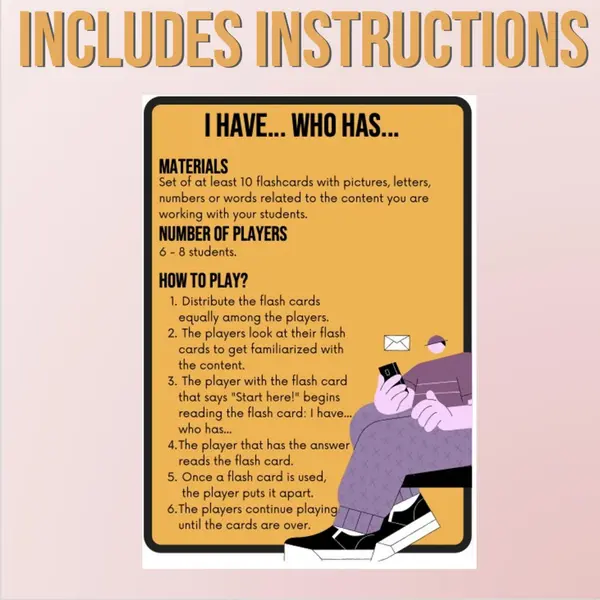
| Resource type | Activity |
| Recommended age | 9 - 13 years |
| File information | Private link to docs.google.com |
- Genetics
- Heredity
- Offspring
- Genes
- DNA
- Chromosomes
- Traits
- Physical traits
- Personality traits
- Inherited traits
- Acquired traits
- Dominant gene
- Recessive gene
- Innate behavior
- Acquired behavior
- Punnett square
- For early finishers: Place the vocabulary cards in a designated area of the classroom and allow students who finish their tasks early to play a quick game, like "Pairs" or "Describe and Guess," to review the vocabulary while they wait for others.
- Science class center: Set up a learning center where students can rotate between different games, like "Charades" or "Pictionary," using the cards to reinforce key vocabulary. This is a fantastic way to review terms in small groups.
- Whole-class activity: Divide students into teams, give each team a set of cards, and have them compete in games like "Around the World" or "Target Practice" to see who can master the most terms. A fun and competitive way to review important concepts!
- Quick games to start or end the class: Use games like "Oh Snap!" or "Inflatable Hammer" at the beginning or end of class for a quick, fun review of vocabulary. Perfect for breaking the ice or reinforcing terms before a quiz.
- Vocabulary tournament: Organize a weekly game tournament using the cards. Each week, teams compete in different games (like "Cowboys" or "Listen and Pick") and earn points. At the end of the month, the team with the most points gets a prize or recognition.
There are no comments yet, write one yourself!




%20(Questions%20verb%20to%20be).png)
There are no comments yet, write one yourself!